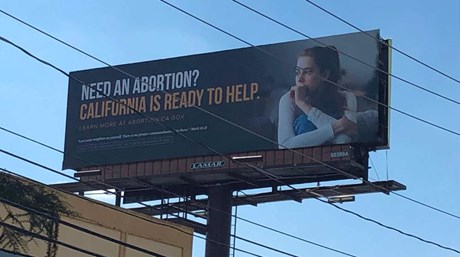Some women who travel out of state for the procedure still rely on local pro-life pregnancy centers for support in the aftermath.

A young woman, pregnant and scared, entered the Women’s Resource Center in Mobile, Alabama, on a Tuesday. The pro-life clinic confirmed her pregnancy, diagnosed her with a sexually transmitted infection (STI) and scheduled her for an ultrasound.
But by Thursday she was in Atlanta for a chemical abortion. (Abortion is banned in Alabama except when the life or health of the mother is endangered.) By the following Monday, however, she was back in Mobile, bleeding from her abortion and asking the Women’s Resource Center for help. She said an Atlanta abortionist had told her the STI didn’t matter; she just needed to make sure the abortion medication worked.
The situation filled Women’s Resource Center clinic director Deanna Montieth with both anger and compassion: “I just want the absolute best care and for these girls to make an informed decision—their own decision—knowing the long-term consequences.”
Research shows that for women who have abortions with untreated STIs, “the infection can rapidly spread,” Montieth said, “and 30 percent of them can develop pelvic inflammatory disease within a year.”
Montieth’s story isn’t an isolated incident. As abortion restrictions tighten in some conservative states following the US Supreme Court’s overturning of Roe v. Wade, crisis pregnancy centers in those states report an increase of women who went out of state for abortions and were given inadequate post-abortion care. Many of those women are turning to the pro-life movement for medical and emotional support.
“We’ve seen an increase in women coming back with a lot of needs–physical, emotional, and spiritual,” ...
from Christianity Today Magazine
Umn ministry


.gif)

.gif)
.gif)
